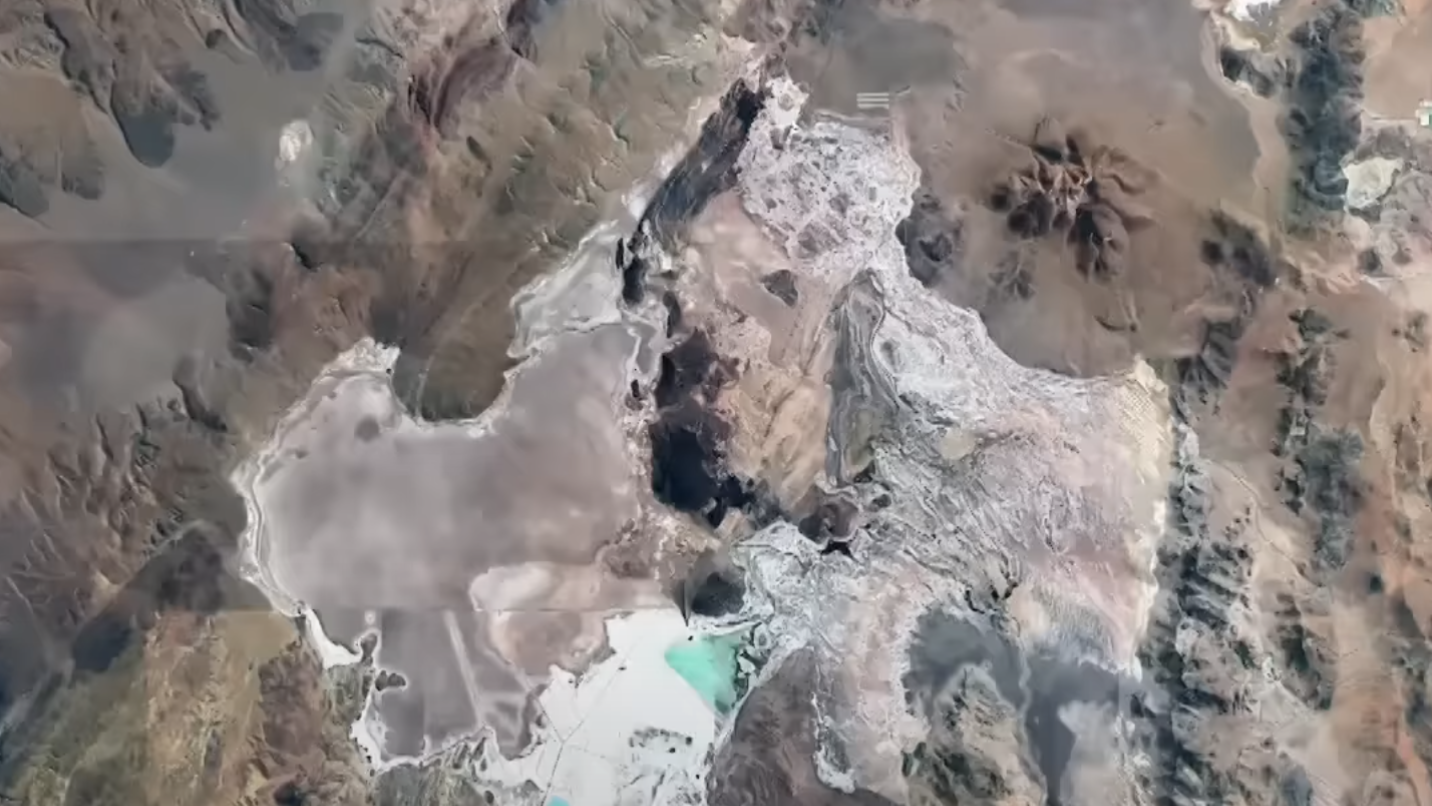Demand for lithium, known as the “white gold” of the energy transition, has exploded due to the car industry’s push for electric vehicles. As the price of lithium carbonate surges, so too do fears of the environmental impact of lithium production — especially in South America, where the alkali metal is extracted from salt lakes.
German carmaker BMW says it sources lithium for batteries from a “particularly sustainable” producer, U.S.-based Livent Corp, which extracts it from the Salar del Hombre Muerto salt lake in Argentina. However, this investigation reveals that Livent’s process is not as sustainable as claimed.
Livent’s method, called “Direct Lithium Extraction,” pumps salt water directly into a treatment plant to extract lithium, eliminating the need for evaporation ponds. While this reduces land consumption, it results in high freshwater consumption.
The investigation reveals that Livent consumes nearly 900 litres of fresh water for every kilogram of lithium produced, compared with 173 litres for the evaporation method used by lithium producers working in the Atacama salt lake in Chile.
BMW defends Livent’s water usage by stating that the Hombre Muerto salt lake has more precipitation and available water resources than the Atacama salt lake. But critics argue that Livent’s freshwater consumption has had detrimental effects on the region.
Livent’s dam construction in the 1990s caused a river to dry up, impacting local livestock farming. Experts worry that with increasing lithium demand, the largest river in the region could face the same fate.
Meanwhile, the handling of salty brine under salt lakes is crucial for the region’s groundwater level. BMW puts a positive spin on Livent’s approach, saying processed brine can be pressed back into the underground salt lake, preventing a decline in the groundwater level.
Yet doubts arise as Livent’s reports do not mention the return of residual brine underground. Instead, the reports state that the neutralized residual brine is discharged into an artificial lake on the Salar del Hombre Muerto.
Experts speculate that the residual brine is either evaporated or pumped back into the brine. Neither BMW nor Livent provided clear answers about the fate of the brine.
BMW asserts its commitment to environmental and social standards in lithium procurement and cites commissioned scientific studies on mining in Chile and Argentina. However, this investigation shows that serious questions remain unanswered.
This is the first part of a cross-border investigation into the environmental impacts of Europe’s booming demand for lithium. More stories will follow shortly.
The Team
- Remote Sensing Analysis: Vertical52, Deana Mrkaja, Marcus Pfeil
- Prodution: NDR, STRG_F
- Authors: Stefan Borghardt, Deana Mrkaja, Sebastian Friedrich, Lisa Maria Hagen, Nadia Kailouli, Simon Zamora Martin,
- Editors: Salome Zadegan, Lutz Ackermann
- Editing: Julian Schöneich
- Graphics: Jens-Eric Peter
- Camera: Lukas Augustin, Stefan Borghardt, Manuel Daubenberger, David Diwiak, Lisa Maria Hagen, Florian Manz, Johanna Schwarz, Gregor Sinbrumer, Henning Wirtz
Partners
Das Erste, NDR, Panorama, STRG_F

